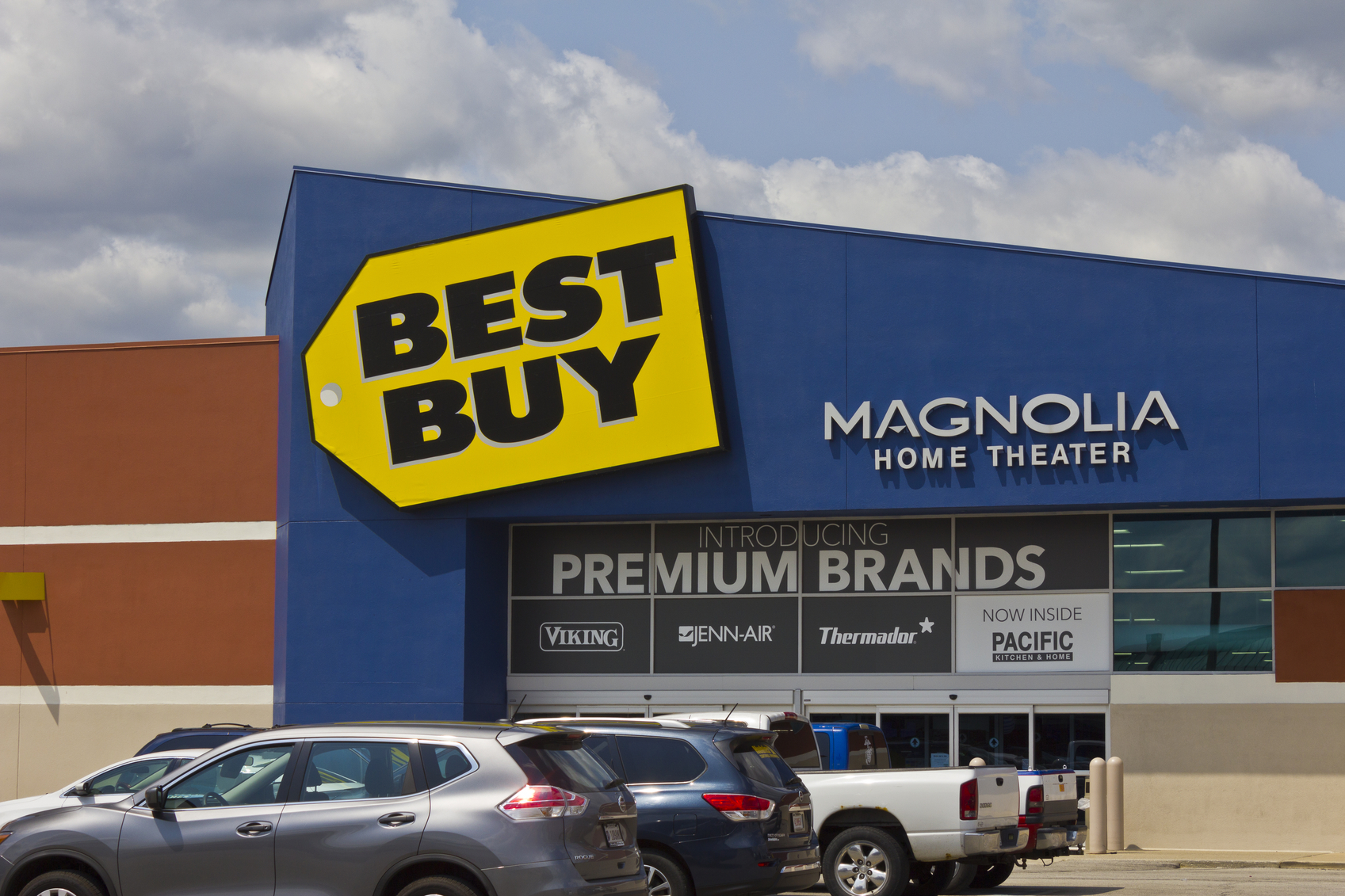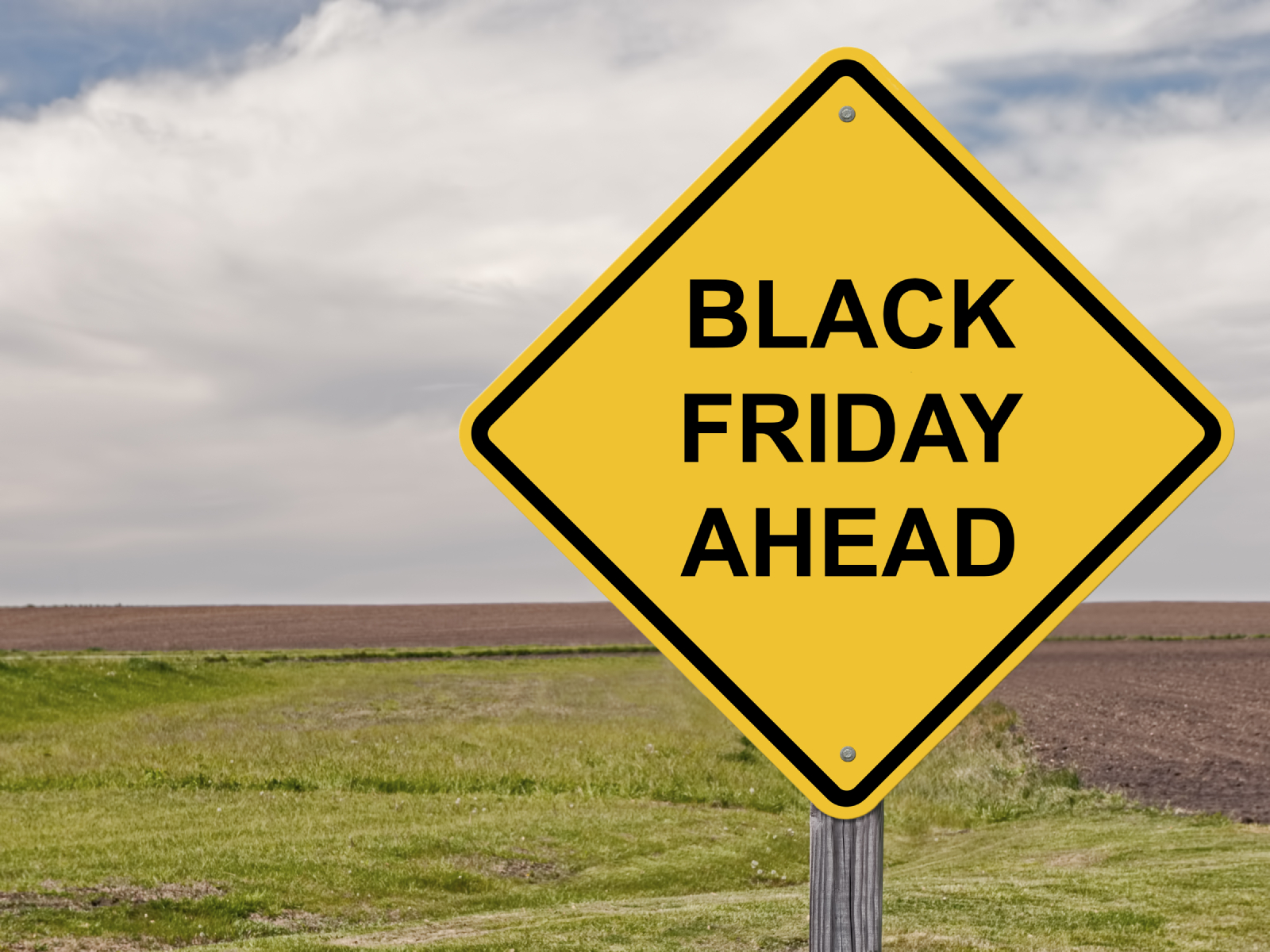What Happened
Best Buy will be shining a spotlight on Facebook’s Oculus Rift during the upcoming holiday shopping season. The consumer electronics retail chain will be putting Oculus headsets in 500 stores nationwide in what is considered as the first mainstream push for consumer-facing VR products. Best Buy started rolling out in-store demonstrations for Oculus Rift headsets in May and also has 200 demos for Sony’s PlayStation VR in rotation between locations.
What Brands Need To Do
With consumers becoming increasingly familiar with VR and 360-degree video content and now Best Buy reading to push VR headsets into the mainstream consumer market, it is time for brands to start working with content creators to develop interesting branded VR content that appeals to target audiences.
The Lab currently has four VR headsets — an Oculus Rift, an HTC Vive, and two Samsung Gear VRs — ready for demos. Virtual reality is something that has to be experienced to be understood, so come by the Lab and ask for a VR demo to get a hands-on experience and figure out how your brand can use it to excite and engage with consumers.
Source: AdAge




